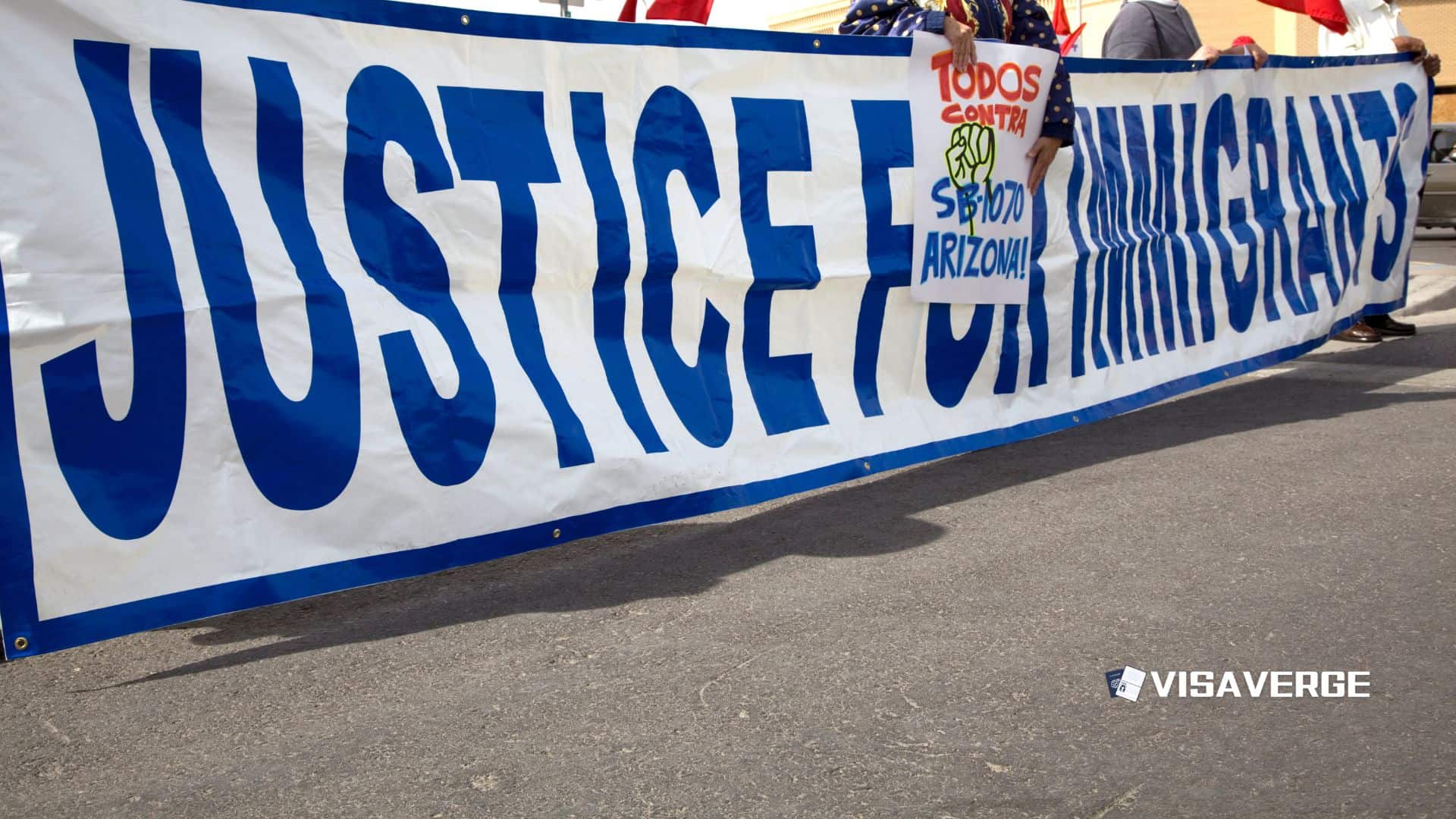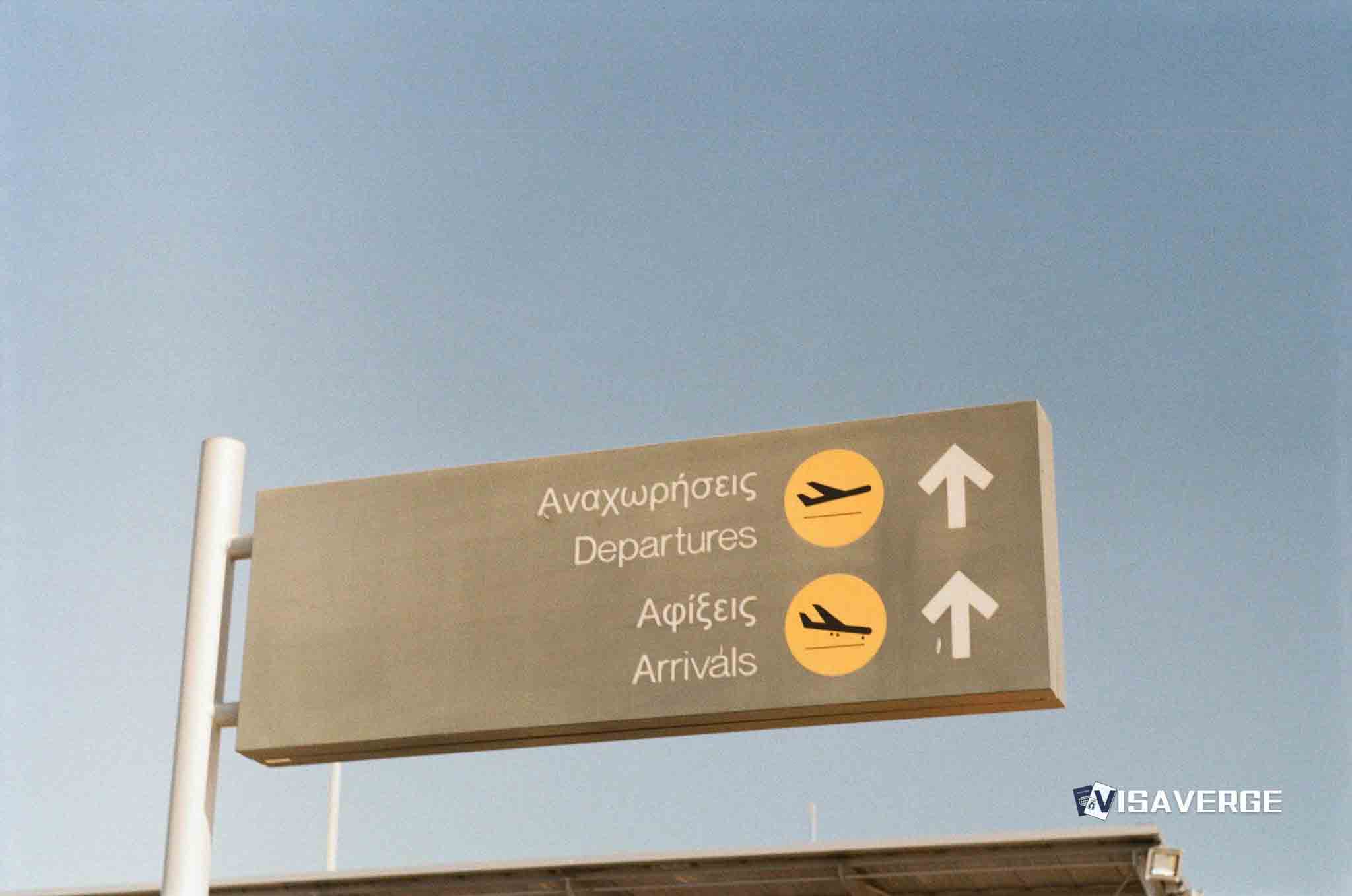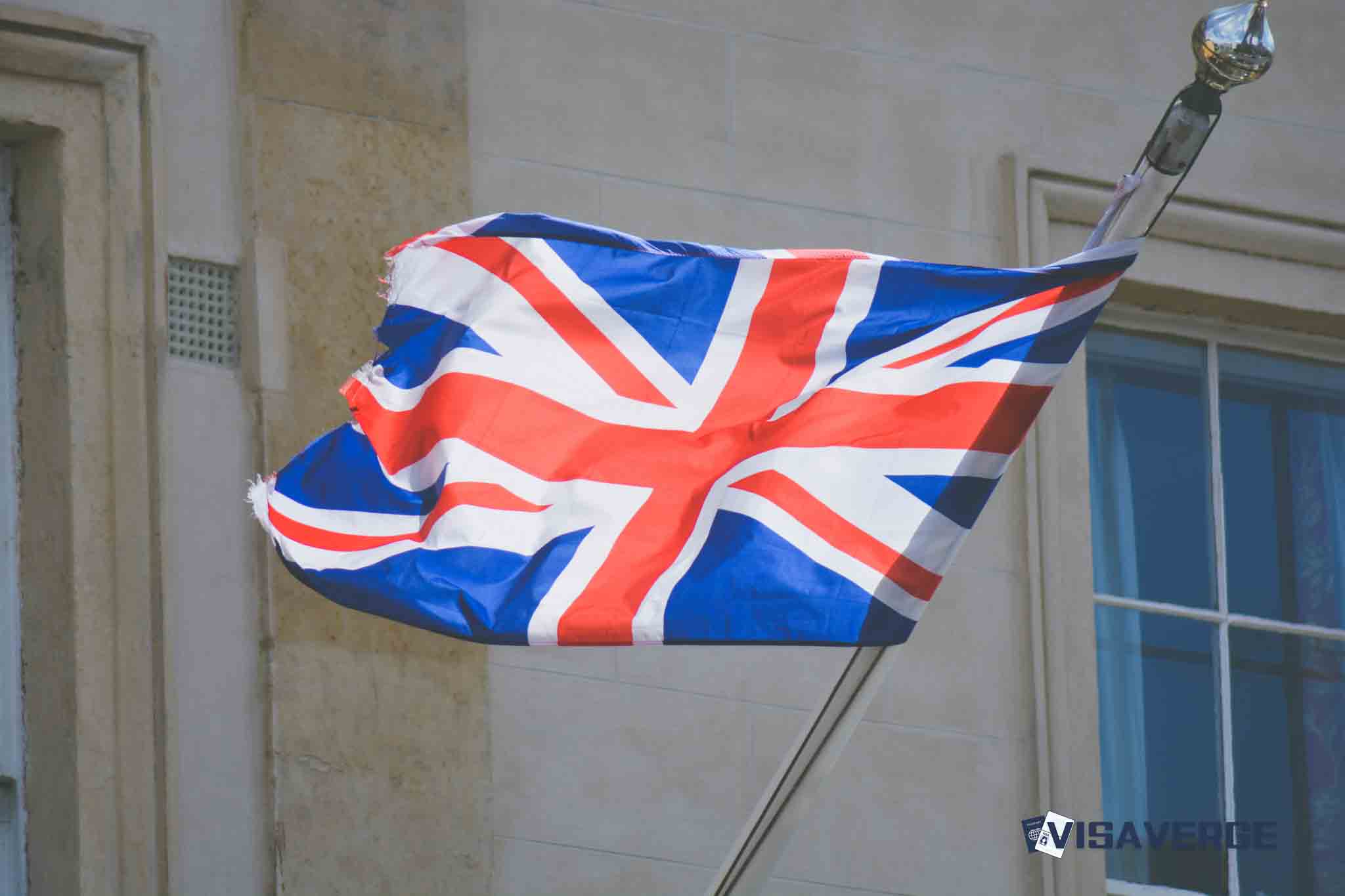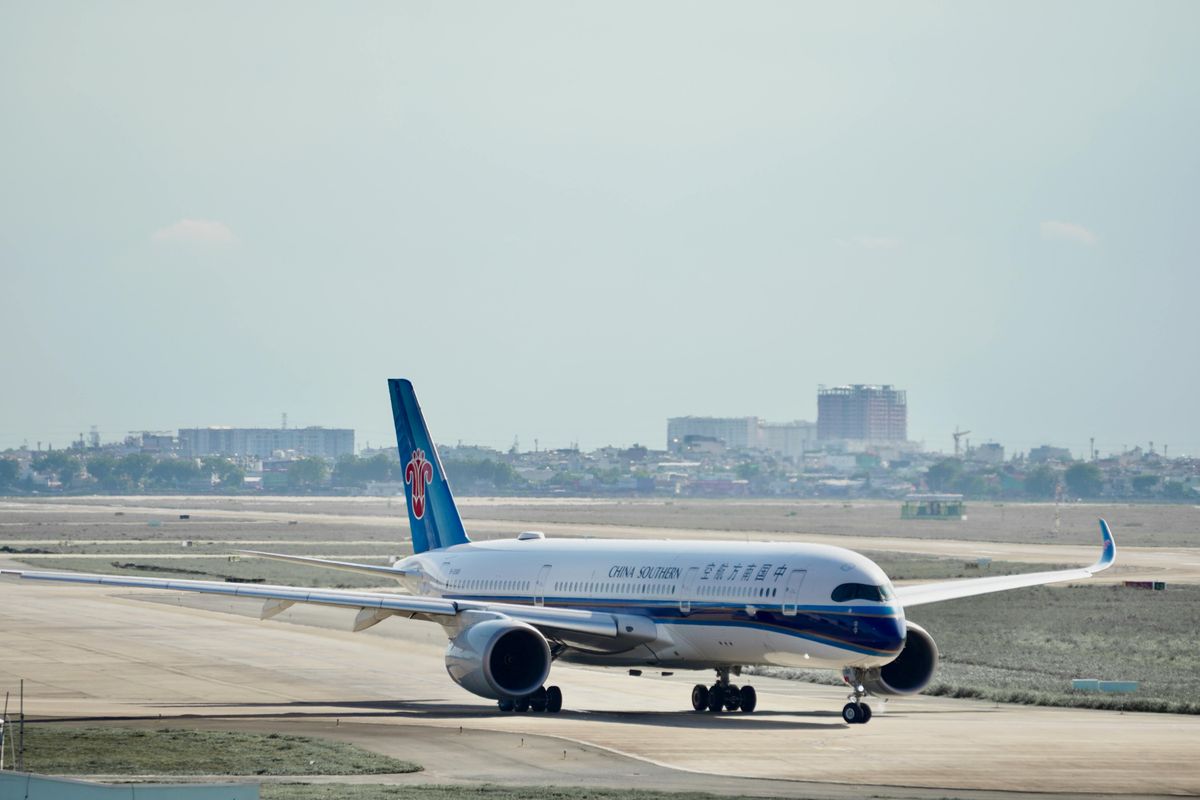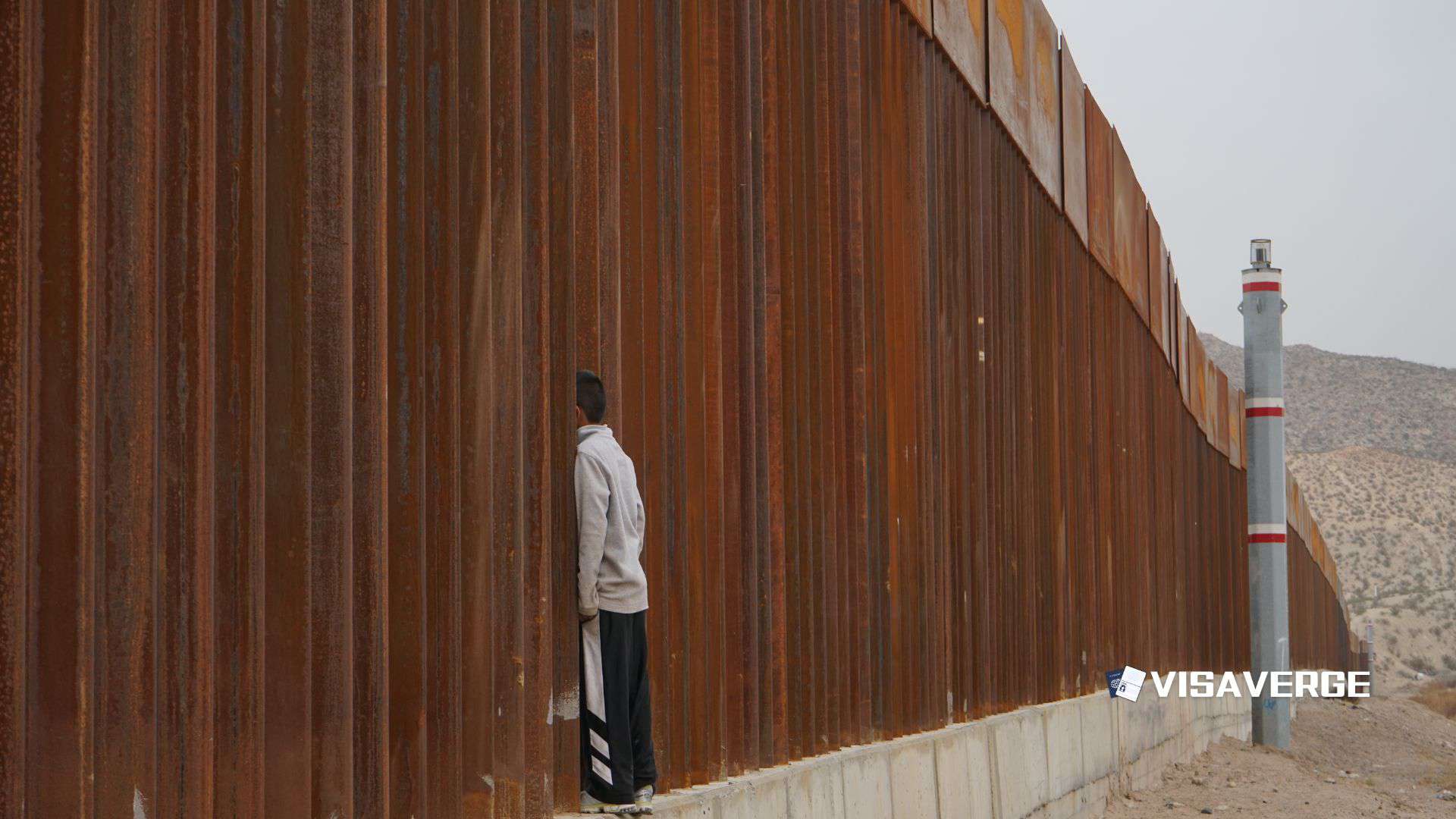Key Takeaways
- Brazil condemned the U.S. for handcuffing 88 deportees, citing degrading treatment and a violation of human dignity.
- The incident sparked diplomatic tensions, with Brazil demanding explanations and revisiting deportation agreements for humane treatment standards.
- Trump’s aggressive immigration policies, including mass deportations, have drawn criticism across Latin America for disregarding migrant rights and human dignity.
Brazil has condemned the United States for deporting 88 Brazilian nationals on a flight where they were reportedly restrained in handcuffs. This incident, which occurred on January 26, 2025, has raised serious concerns about the treatment of deportees, sparking a diplomatic dispute between the two nations. Brazilian officials have labeled the act as a violation of human dignity, highlighting growing tensions in immigration practices under the Trump administration’s renewed focus on enforcement.
Brazil Reacts Strongly to Incident

The controversy came to light when the deportation flight landed in Manaus 🇧🇷, in northern Brazil, instead of its planned destination, Belo Horizonte. Passengers on the flight claimed they were handcuffed on both their hands and feet for the journey. Brazilian authorities, including Justice Minister Ricardo Lewandowski, immediately intervened upon the flight’s unexpected arrival. Brazilian federal police, acting on instructions from Lewandowski, demanded U.S. agents remove the restraints. According to statements from Brazilian officials, all handcuffs were taken off after their intervention.
The Brazilian Justice Ministry described the handcuffing as “degrading treatment,” a sentiment echoed by President Luiz Inácio Lula da Silva, who swiftly ordered a Brazilian Air Force plane to transport the deportees to their homes while ensuring their safety and dignity. Lula’s actions reflect the government’s commitment to protecting its citizens’ rights, even in the challenging environment of international deportation policies.
Complaints of Harsh Treatment While in Transit
The deported Brazilian citizens described deeply troubling conditions during the flight. Several deportees reported being restrained in scorching heat and denied water. The harsh circumstances reportedly left some individuals physically weak, with some even fainting. Such allegations have only added to Brazil’s frustration.
U.S. officials insist that the deportees had all agreed to return to Brazil and that their documentation was in order. However, the stark contrast between the reported conditions during the flight and the U.S.’s claims has fuelled mistrust and calls for an independent investigation.
Demand for Explanation
In light of this treatment, Brazil’s Ministry of Foreign Affairs has announced plans to formally seek explanations from the U.S. government about deportation practices and policies. The Brazilian government views these actions as a breach of international standards for humane treatment. Justice Minister Lewandowski has described the incident as an example of “blatant disrespect” for basic human rights, a sentiment firmly supported by President Lula’s administration.
This diplomatic move may signal a shift in Brazil’s handling of deportation actions involving its nationals abroad. Brazil’s insistence on immediate accountability suggests future deportation flights may come under heavier scrutiny from Brazilian authorities.
Broader Implications in Latin America
This incident is not isolated. Across Latin America, countries have voiced concerns over increasing U.S. deportation efforts since Donald Trump began his second term as U.S. president earlier this month. The handcuffing practice specifically has drawn criticism from Brazil and other regional governments. Even Jair Bolsonaro, a conservative former Brazilian president and staunch ally of Trump, had criticized the practice in the past, reflecting bipartisan dissatisfaction with how deportees are treated.
Trump’s administration recently declared a “national emergency” at the U.S.–Mexico border and has implemented aggressive immigration strategies, including mass deportations of individuals it has labeled “criminal aliens.” The flight carrying Brazilian deportees was part of a broader wave of enforcement that includes using military aircraft for removals—something not seen in earlier U.S. policies.
This development has reignited dialogue across the region about finding a balance between securing borders and upholding migrant rights. As VisaVerge.com’s coverage explains, countries like Guatemala and Brazil are seeing more deportation flights, prompting governments to reassess their bilateral agreements with the United States.
Bilateral Agreement and History of Deportation Flights
The deportation flight to Manaus was the second such flight carrying undocumented Brazilians in 2025, even though the year had just begun. The trips are operating under a 2017 bilateral agreement between Brazil 🇧🇷 and the U.S. 🇺🇸, which standardizes deportation procedures for undocumented Brazilians wishing to return home. However, this agreement makes no specific reference to practices such as handcuffing deportees, leaving a significant gap in oversight.
Such flights, although falling under an agreed framework, are perceived very differently across the two nations. Brazil has now announced heightened attention to these agreements, calling for revisions to ensure deportees are treated humanely whenever such flights occur.
Human Rights and Criticism
The practice of restraining passengers on deportation flights, particularly with handcuffs, has drawn widespread condemnation. Critics argue that it reflects a broader disregard for the dignity of deportees, many of whom are migrants fleeing difficult conditions. The treatment of flight passengers on January 26 has only added weight to these concerns, with human rights advocates calling for greater oversight in deportation processes.
The use of such practices during international flights is likely to remain a controversial topic. Human rights groups, government officials, and even private citizens are questioning whether the U.S. deportation system balances the safety of personnel with respect for the deportees. In cases like this, lack of transparency or humane treatment damages not only individual deportees but bilateral relationships as well.
Political Sensitivities
The matter arrives at a politically sensitive time as Trump’s immigration crackdown draws global attention. His administration is actively increasing deportation numbers, deploying military planes, and taking what it calls an “uncompromising stance” on border control. While Trump representatives describe these policies as effective, the consequences they have—diplomatically and morally—are becoming evident.
Brazil is viewed as a powerful voice in the region and its firm stance may encourage other Latin American countries to follow suit. The Manaus emergency presented Brazil with an unavoidable opportunity to assert national values in the global immigration space.
Future Actions
Brazil’s demand for an explanation from the U.S. government highlights its readiness to escalate the issue if necessary. With aggressive immigration policies still a focal point of Trump’s administration, it’s unclear how much compromise or assurance the Brazilian government will receive. However, this act of publicly challenging the U.S. on such a contentious issue demonstrates that Brazil is unlikely to take similar incidents lightly moving forward.
The intervention of Ricardo Lewandowski shows that this incident has moved beyond internal policy debates into a larger international conversation about the treatment of deportees. Brazil is working not only to protect its immediate nationals but to draw attention to an international system it argues is flawed.
Conclusion
The arrival of 88 Brazilian deportees in handcuffs sparked a diplomatic issue that has implications for U.S.-Brazil relations and regional immigration discussions throughout Latin America. The actions taken by Brazilian officials, including the intervention of Justice Minister Lewandowski and President Lula’s deployment of an Air Force plane, reflect the unyielding stance Brazil is taking against what it describes as degrading practices.
As immigration enforcement in the United States intensifies under Donald Trump, there is growing global concern about the human cost of such measures. This incident underlines an urgent need to revisit bilateral agreements and ensure deportation processes respect fundamental human rights.
The treatment of the deportees during the Manaus flight raises questions not just about immigration enforcement but about the values underpinning such policies. Both nations now face a challenging diplomatic road ahead, with Brazil making it clear that the dignity of its citizens is non-negotiable. For an official look into deportation policies and agreements, you can visit the U.S. Immigration and Customs Enforcement (ICE) page here.
Brazil condemns US over handcuffed deportees
Brazil slammed the United States after 88 deported Brazilians arrived in Manaus in handcuffs on Jan. 26, calling it “degrading treatment” and demanding explanations from the Trump administration. The incident marks a rare diplomatic clash between the two allies amid a broader crackdown on immigration by the U.S.
Why it matters:
The controversy highlights tensions over the treatment of deportees during international flights, amid reports of harsh conditions including heat, lack of water, and some deportees fainting. Brazil’s response underlines its commitment to protecting its citizens’ rights, even in the face of U.S. immigration policies.
The big picture:
– The deportation flight was part of a 2017 bilateral agreement between the U.S. and Brazil.
– Brazil’s justice minister, Ricardo Lewandowski, informed President Lula da Silva, who quickly dispatched a Brazilian Air Force plane to transport the deportees to their destinations with dignity.
– U.S. security agents on the flight reportedly removed the handcuffs after intervention by Brazilian federal police in Manaus.
What they’re saying:
Brazil’s justice ministry called the use of restraints a “blatant disrespect” for human rights. President Lula emphasized the government’s prioritization of the “dignity and safety” of its citizens.
Between the lines:
– The flight’s unexpected landing in Manaus, triggered by technical issues, provided Brazilian authorities an opening to step in.
– Even former Brazilian President Jair Bolsonaro, typically aligned with Trump, has criticized the use of handcuffs on deportees.
By the numbers:
– The plane carried 88 Brazilian deportees, 16 U.S. security agents, and eight crew members.
– Over 11 million undocumented migrants reside in the U.S., per Homeland Security estimates, illustrating the broader impact of deportation policies.
State of play:
Latin American nations are increasingly vocal against U.S. immigration enforcement practices. Brazil’s firm stance may embolden other countries in the region to challenge deportation conditions.
Yes, but:
While U.S. officials argue procedures comply with agreements, deportees’ accounts of inhumane treatment increase pressure for greater transparency and accountability.
The bottom line:
Brazil’s sharp response to the handcuffing incident has strained relations with the U.S. and spotlighted human rights concerns. As deportations mount under Trump’s immigration policies, this case may shape how Latin America responds to enforcement practices going forward.
Learn Today
Deportation: The formal removal of an individual from one country to another, often due to legal or immigration violations.
Bilateral Agreement: A mutual arrangement between two countries outlining specific terms, such as deportation procedures and responsibilities.
Human Dignity: The inherent value and respect every individual deserves, often emphasized in discussions of humane treatment and rights.
Handcuffing: The act of restraining a person with handcuffs, typically involving the wrists, often raising concerns about humane treatment.
Diplomatic Dispute: A disagreement or conflict between two nations, often involving formal negotiations or protests over mutual practices or policies.
This Article in a Nutshell
Brazil fiercely condemned the U.S. for deporting 88 nationals in handcuffs on a flight diverted to Manaus. Calling it “degrading treatment,” Brazil’s president Lula ensured their safe return. This incident underlines rising tensions over Trump-era immigration policies, urging nations to revisit humane deportation practices amidst global debates on migrant rights and dignity.
— By VisaVerge.com
Read more:
• Portugal’s E-2 Treaty: New Path for Brazilian Investors
• Portuguese Work Visa Delays Strain Brazilian Applicants
• 400,000 Brazilians with Dual Citizenship Eligible for US E-2 Investor Visa
• Cancun International Airport Introduces Electronic Visa for Brazilian Tourists
• New Brazil Travel Requirements: Bank Statements Now Mandatory for U.S. Visitors




